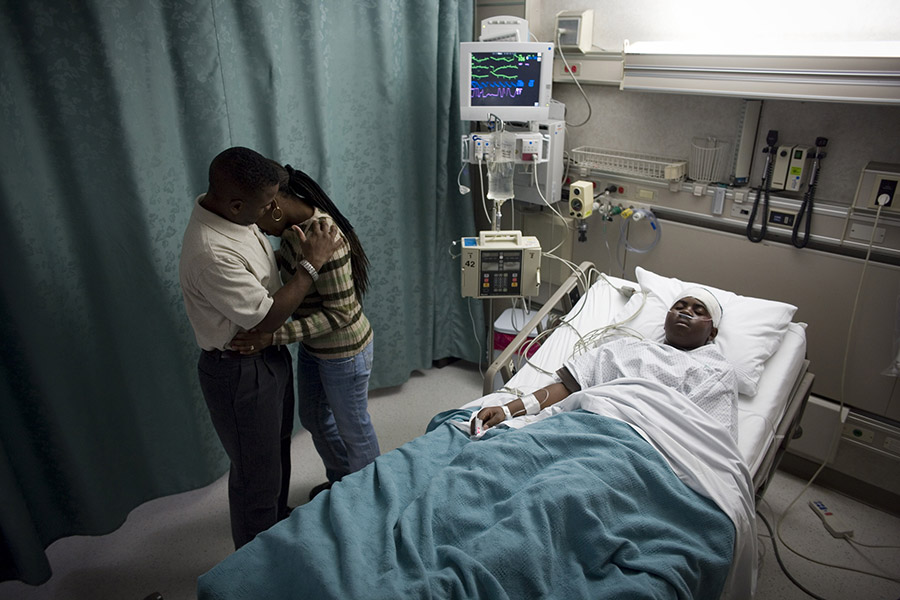Some guiding principles for advance care planning
Advance care planning is a process, not an event
Advance care planning is a dynamic and ongoing process, not an event. Parents and, where appropriate, children need time to observe, reflect, think and talk. Some need more time than others, and many need to see tangible signs of deterioration or treatment failure (e.g. physical changes, imaging or test results). It is also important to remember that preferences and opinions may change over time.
Take medical responsibility where appropriate
It is important not to present unrealistic or inappropriate interventions as a choice for the family to make. For example, if cardiopulmonary resuscitation would be ineffective at this point in the illness, this should be gently explained to the family, not framed as a decision for them to make.
Explore the parents and child’s preferred role in decision making
Parents and children vary in how and when they wish to contribute to decision making. At one end of the spectrum are those who wish to take most of the responsibility; at the other end are those parents who prefer the treating team to take the lead role.
In most cases decision making is shared. It is helpful to explore what role individual parents would like to play. In most cases it is important to explicitly state that parents should not feel alone in this process.
It is OK for a child to die without an advance care plan
Some parents do not wish to make decisions ahead of time, but the opportunity should be offered if circumstances allow.
Parents do not need to sign any documents
These documents are communication tools rather than legal documents and do not need to be signed by parents.

